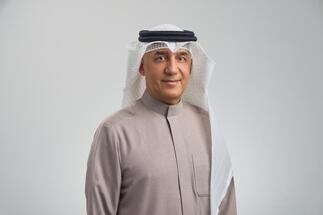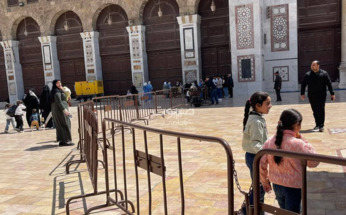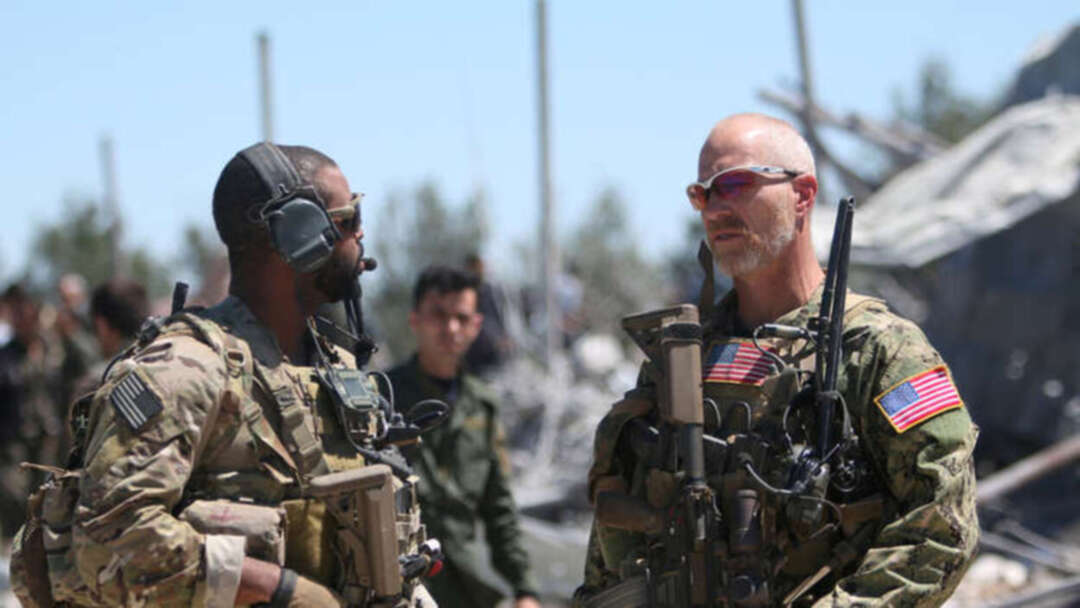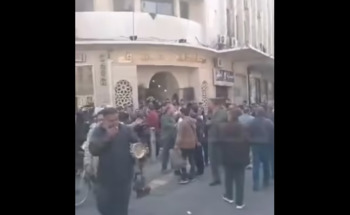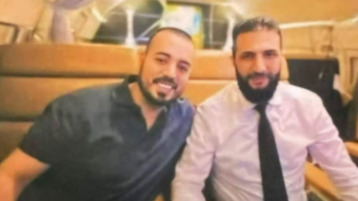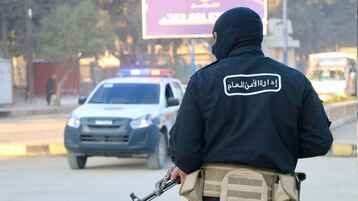-
US Special Envoy for Iran says nuclear agreement unlikely without release of US hostages
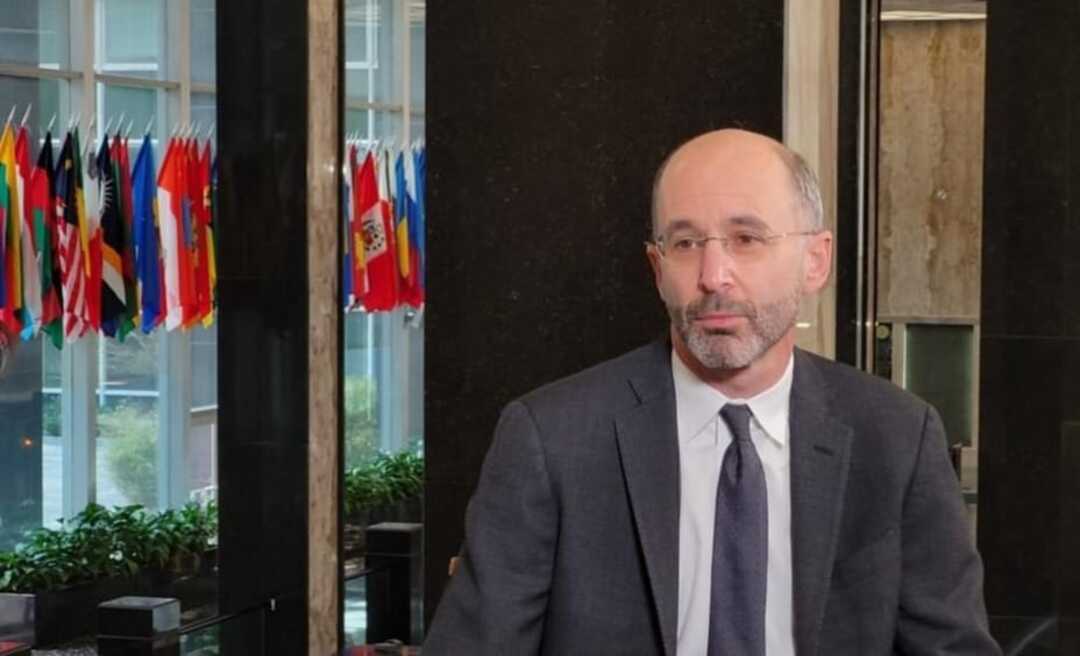
The Asharq Al-Awsat reported that the lead US nuclear negotiator told Reuters on Sunday, the United States is unlikely to strike an agreement with Iran to save the 2015 Iran nuclear deal unless Tehran releases four US citizens Washington says it is holding hostage.
The report said that the official, US Special Envoy for Iran Robert Malley, repeated the long-held US position that the issue of the four people held in Iran is separate from the nuclear negotiations. He moved a step closer, however, to saying that their release was a precondition for a nuclear agreement.
Malley told Reuters in an interview: "They're separate and we're pursuing both of them. But I will say it is very hard for us to imagine getting back into the nuclear deal while four innocent Americans are being held hostage by Iran."
"So even as we're conducting talks with Iran indirectly on the nuclear file we are conducting, again indirectly, discussions with them to ensure the release of our hostages," he said in Vienna, where talks are taking place on bringing Washington and Tehran back into full compliance with the deal.

In recent years, Iran's elite Revolutionary Guards have arrested dozens of dual nationals and foreigners, mostly on espionage and security-related charges.
Rights groups have accused Iran of taking prisoners to gain diplomatic leverage, while Western powers have long demanded that Tehran free their citizens, who they say are political prisoners.
Iran announces it has carried out new space launch amid nuclear talks
Malley said: "I've spoken to a number of the families of the hostages who are extraordinarily grateful for what Mr Rosen is doing but they also are imploring him to stop his hunger strike, as I am, because the message has been sent."
Rosen said that after five days of not eating he was feeling weak and would heed those calls.
Rosen said: "With the request from Special Envoy Malley and my doctors and others, we've agreed (that) after this meeting I will stop my hunger strike but this does not mean that others will not take up the baton."
Is there a future for the Iranian nuclear talks
The indirect talks between Iran and the United States on bringing both countries back into full compliance with the landmark 2015 nuclear deal are in their eighth round. Iran refuses to hold meetings with US officials, meaning others shuttle between the two sides.
The deal between Iran and major powers lifted sanctions against Tehran in exchange for restrictions on its nuclear activities that extended the time it would need to obtain enough fissile material for a nuclear bomb if it chose to.
Then-President Donald Trump pulled the United States out of the deal in 2018, reimposing punishing economic sanctions against Tehran. Iran responded by breaching many of the deal's nuclear restrictions, to the point that Western powers say the deal will soon have been hollowed out completely.
US Secretary of State holds ‘productive’ meeting with Europeans on Iran nuclear deal
Asked if Iran and the United States might negotiate directly, Malley said: "We've heard nothing to that effect. We'd welcome it."
The four US citizens include Iranian-American businessman Siamak Namazi, 50, and his father Baquer, 85, both of whom have been convicted of "collaboration with a hostile government".
Namazi remains in prison. His father was released on medical grounds in 2018 and his sentence later reduced to time served. While the elder Namazi is no longer jailed, a lawyer for the family says he is effectively
Source: aawsat
You May Also Like
Popular Posts
Caricature
BENEFIT AGM approves 10%...
- March 27, 2025
BENEFIT, the Kingdom’s innovator and leading company in Fintech and electronic financial transactions service, held its Annual General Meeting (AGM) at the company’s headquarters in the Seef District.
During the meeting, shareholders approved all items listed on the agenda, including the ratification of the minutes of the previous AGM held on 26 March 2024. The session reviewed and approved the Board’s Annual Report on the company’s activities and financial performance for the fiscal year ended 31 December 2024, and the shareholders expressed their satisfaction with the company’s operational and financial results during the reporting period.
The meeting also reviewed the Independent External Auditor’s Report on the company’s consolidated financial statements for the year ended 31 December 2024. Subsequently, the shareholders approved the audited financial statements for the fiscal year. Based on the Board’s recommendation, the shareholders approved the distribution of a cash dividend equivalent to 10% of the paid-up share capital.
Furthermore, the shareholders endorsed the allocation of a total amount of BD 172,500 as remuneration to the members of the Board for the year ended 31 December 2024, subject to prior clearance by related authorities.
The extension of the current composition of the Board was approved, which includes ten members and one CBB observer, for a further six-month term, expiring in September 2025, pending no objection from the CBB.
The meeting reviewed and approved the Corporate Governance Report for 2024, which affirmed the company’s full compliance with the corporate governance directives issued by the CBB and other applicable regulatory frameworks. The AGM absolved the Board Members of liability for any of their actions during the year ending on 31st December 2024, in accordance with the Commercial Companies Law.
In alignment with regulatory requirements, the session approved the reappointment of Ernst & Young (EY) as the company’s External Auditors for the fiscal year 2025, covering both the parent company and its subsidiaries—Sinnad and Bahrain FinTech Bay. The Board was authorised to determine the external auditors’ professional fees, subject to approval from the CBB, and the meeting concluded with a discussion of any additional issues as per Article (207) of the Commercial Companies Law.
Speaking on the company’s performance, Mr. Mohamed Al Bastaki, Chairman BENEFIT , stated: “In terms of the financial results for 2024, I am pleased to say that the year gone by has also been proved to be a success in delivering tangible results. Growth rate for 2024 was 19 per cent. Revenue for the year was BD 17 M (US$ 45.3 Million) and net profit was 2 Million ($ 5.3 Million).
Mr. Al Bastaki also announced that the Board had formally adopted a new three-year strategic roadmap to commence in 2025. The strategy encompasses a phased international expansion, optimisation of internal operations, enhanced revenue diversification, long-term sustainability initiatives, and the advancement of innovation and digital transformation initiatives across all service lines.
“I extend my sincere appreciation to the CBB for its continued support of BENEFIT and its pivotal role in fostering a stable and progressive regulatory environment for the Kingdom’s banking and financial sector—an environment that has significantly reinforced Bahrain’s standing as a leading financial hub in the region,” said Mr. Al Bastaki. “I would also like to thank our partner banks and valued customers for their trust, and our shareholders for their ongoing encouragement. The achievements of 2024 set a strong precedent, and I am confident they will serve as a foundation for yet another successful and impactful year ahead.”
Chief Executive of BENEFIT; Mr. Abdulwahed AlJanahi commented, “The year 2024 represented another pivotal chapter in BENEFIT ’s evolution. We achieved substantial progress in advancing our digital strategy across multiple sectors, while reinforcing our long-term commitment to the development of Bahrain’s financial services and payments landscape. Throughout the year, we remained firmly aligned with our objective of delivering measurable value to our shareholders, strategic partners, and customers. At the same time, we continued to play an active role in enabling Bahrain’s digital economy by introducing innovative solutions and service enhancements that directly address market needs and future opportunities.”
Mr. AlJanahi affirmed that BENEFIT has successfully developed a robust and well-integrated payment network that connects individuals and businesses across Bahrain, accelerating the adoption of emerging technologies in the banking and financial services sector and reinforcing Bahrain’s position as a growing fintech hub, and added, “Our achievements of the past year reflect a long-term vision to establish a resilient electronic payment infrastructure that supports the Kingdom’s digital economy. Key developments in 2024 included the implementation of central authentication for open banking via BENEFIT Pay”
Mr. AlJanahi concluded by thanking the Board for its strategic direction, the company’s staff for their continued dedication, and the Central Bank of Bahrain, member banks, and shareholders for their valuable partnership and confidence in the company’s long-term vision.
opinion
Report
ads
Newsletter
Subscribe to our mailing list to get the new updates!

